D2C Brands need to change their sales pitch
Authored by Gauri Bhatia, Founder & Director, The Unveiled Sagas
I think we can all fairly agree that the uprise of influencers, digital advertisements, and celebrity endorsements brought about a sense of compulsion with the consumers. More than to experience the product, people began to buy it because they didn’t want to be the only people who didn’t.
Now, however, priorities have shifted, and so have their responses. ‘Cheap’ is not ‘in’ anymore, and neither will your next ad campaign that revolves around seasonal sales, limited editions, and ‘offer valid till stock lasts’.
What are people looking for, then?
Our company has been steady in the business of selling for over 8 years. The transition from cute Instagram ads back to PR has shown us a direct and sudden shift in purchase behavior, driven by:
- Decisive Impulse to purchase- From compulsive purchases (driven by external stimuli), the passion now to buy comes from impulse, only after they’ve discovered the item themselves. 60% of consumers make their purchases based off of organic content that they’ve consumed in the last 10 days, and often, it is lead by their own intention. Things to note, then:
- Focus on the argument, not the exclusivity
- Partake in driving changemaking business strategies
- Cut down your direct conviction period by as low as you can (flashing direct and constant ads won’t get you sales)
- Drive to pursue or to advocate
Companies like Amazon have time and again shown that they care about every buyer. A personalized experience ranges from a full-blown shopping mall in California, to the ‘people also bought’ suggestion portal that is stuck to the bottom of the app’s checkout page. Experiences like gamification, AI and customized recommendations (even if based on other consumers’ data) enhances the shopping experience and offers them involvement- and a reason to pursue/advocate a product. Our recommendations:
- Invest in technology and make your product an experience, such as AI-based make up try-ons.
- Create solutions designed to evolve and reduce post shopping regret, like extended warranties, buybacks, and alterations
- Be less insecure about competition- people are less likely to buy from you if they can’t decide, than if the competition comes in and swoops them away.
- Immediate reward that follows the purchase
Although the world has now moved towards a revolution encircling sustainability and intentional purchasing, often websites with low quality products such as Meesho and Urbanic (which are both aggregators), sell well.
The first thought that comes to mind is the undeniable discount that makes the clothes and makeup feel free- but our intensive research and experience with aggregators has proven otherwise. You can get cheaper makeup from known brands- people however, seek immediate gratification from their purchase knowing that it is direct from the manufacturer. 55% of the people who’ve indulged in fast fashion show some form of guilt or regret soon after, simple because they feel that they ‘blanked out’ or were manipulated through ads into doing so. Aggregators are doing well simply because they show little to no advocacy of their products- they only sell their company.
Belonging to the industry, I’m well aware of how colorful and fun ROI and sales-based marketing proposals seem. Beaming with your company’s internal objectives, vision and mission, we’re trained to show our clients dreams of what it is like if people suddenly began to notice your existence. But we too, are trained to show evolutionary solutions that transform your company’s revenues, making them skyrocket. Take a pause and ask your marketing team, if it in fact, rather than convincing people to buy it, convinces them to just think about it a little bit longer.
DISCLAIMER: The views expressed are solely of the author and Adgully.com does not necessarily subscribe to it.



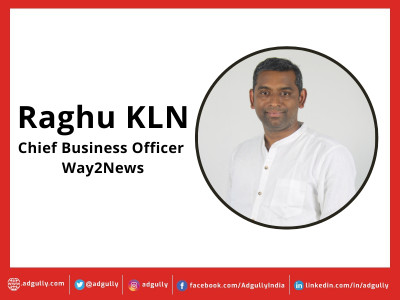
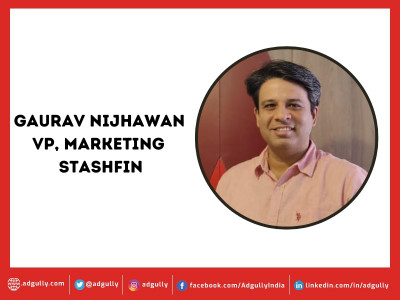
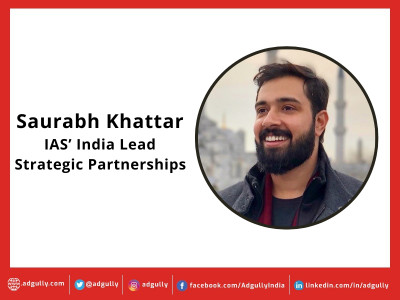



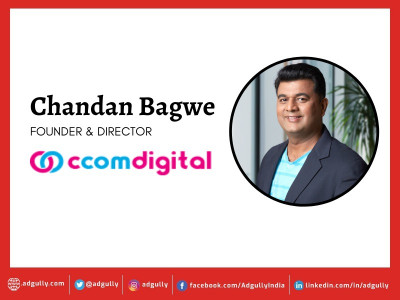


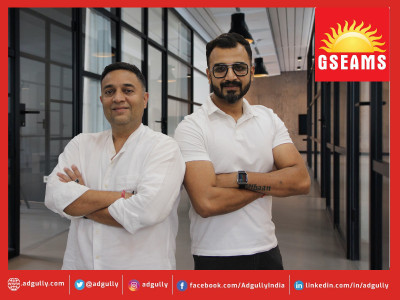



Share
Facebook
YouTube
Tweet
Twitter
LinkedIn